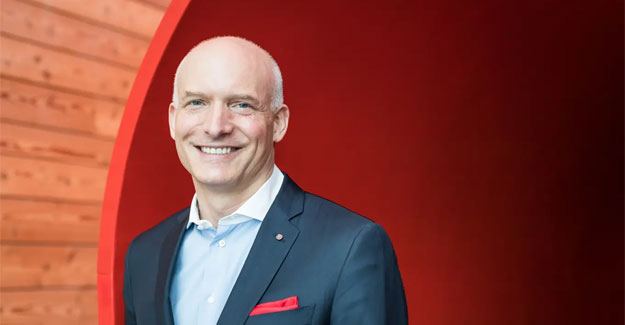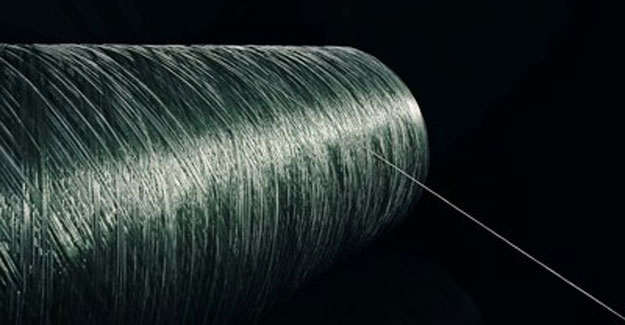
HeiQ’s Polyester Alternative Can Be A Game Changer
Even as climate change conversations reach the mainstream, there are 111 million metric tons of fabrics being produced on a yearly basis — an alarming 18 million of which is made up of oil-based nylon and polyester, which take over 1,000 years to biodegrade. “Actually we don’t know how these fibres will break down, our ancestors will tell us,” said Carlo Centoze, cofounder and chief executive officer of HeiQ, a textile innovation company. Since “no one wants to start walking around naked,” the world is in dire need of a scalable alternative to these fibers, according to Centoze — who after many years of research, might have the solution. HeiQ, a textile innovation company, has developed a sustainable alternative to polyester. It’s called AeoniQ, a cellulose yarn spun from algae, bacteria or recycled fibres. “Bacteria were the first organisms to produce this biopolymer more than 3 billion years ago. The solution has always been there, we just had to rediscover it and use technology to come up with a product. Over many years we built processes which allow us to spin cellulose in a way that it reaches the performance of polyester independent of the sources we are using, be it algae, bacteria, or recycled sources,” explained Carlo Centoze, Cofounder and CEO, HeiQ,. “Our tech allows us to use all sources, so we finally have a possibility to produce at scale. The problem with the world is this concept of ‘at scale’ as we need to replace 18 million tonnes of polyester and nylon per year. This technology is versatile enough to use many raw material sources, allowing us to have a big available base of biopolymer, meaning we are actually becoming serious about replacing polyester and nylon.” HeiQ is on a mission to scale its solution as quickly as possible. A production plant is currently being set up in Austria, with a pilot run of the first commercial samples slated for March 2022 for a limited number of partners — Lycra being among the first. From there the aim is to scale as quickly as possible and recruit as many partners as possible to allow the company to maximise production. By next year, its capacity will be at 300,000 tonnes. HeiQ is also ensuring that it offers competitive price points to further drive its mission of replacing oil-based fibres with the new AeoniQ textile. It currently retails for US$ 5 a square metre, which adheres to market standards for conventional textiles, and aims to drop prices further once scale is achieved. “Cost is always a big aspect. I’m a strong believer that a green technology must come at the same price points as non-green technology, but prices of polyester and nylon are driven by scale,” said Centoze. As this new technology becomes more widely adopted, Centoze added that the remainder of the responsibility lies with the designers, who need to learn to design clothes with fewer material components that aren’t just recyclable but biodegradable, too. “It requires a shift in mindset. Consumers select for fit, for comfort, for price and have limited knowledge. It comes down to those who design the products for our industry: They have to step up and join in. We want to share all our know-how and pull the industry together, but they will be ultimately responsible to set the tone with their designs.”

Textile Excellence
If you wish to Subscribe to Textile Excellence Print Edition, kindly fill in the below form and we shall get back to you with details.












